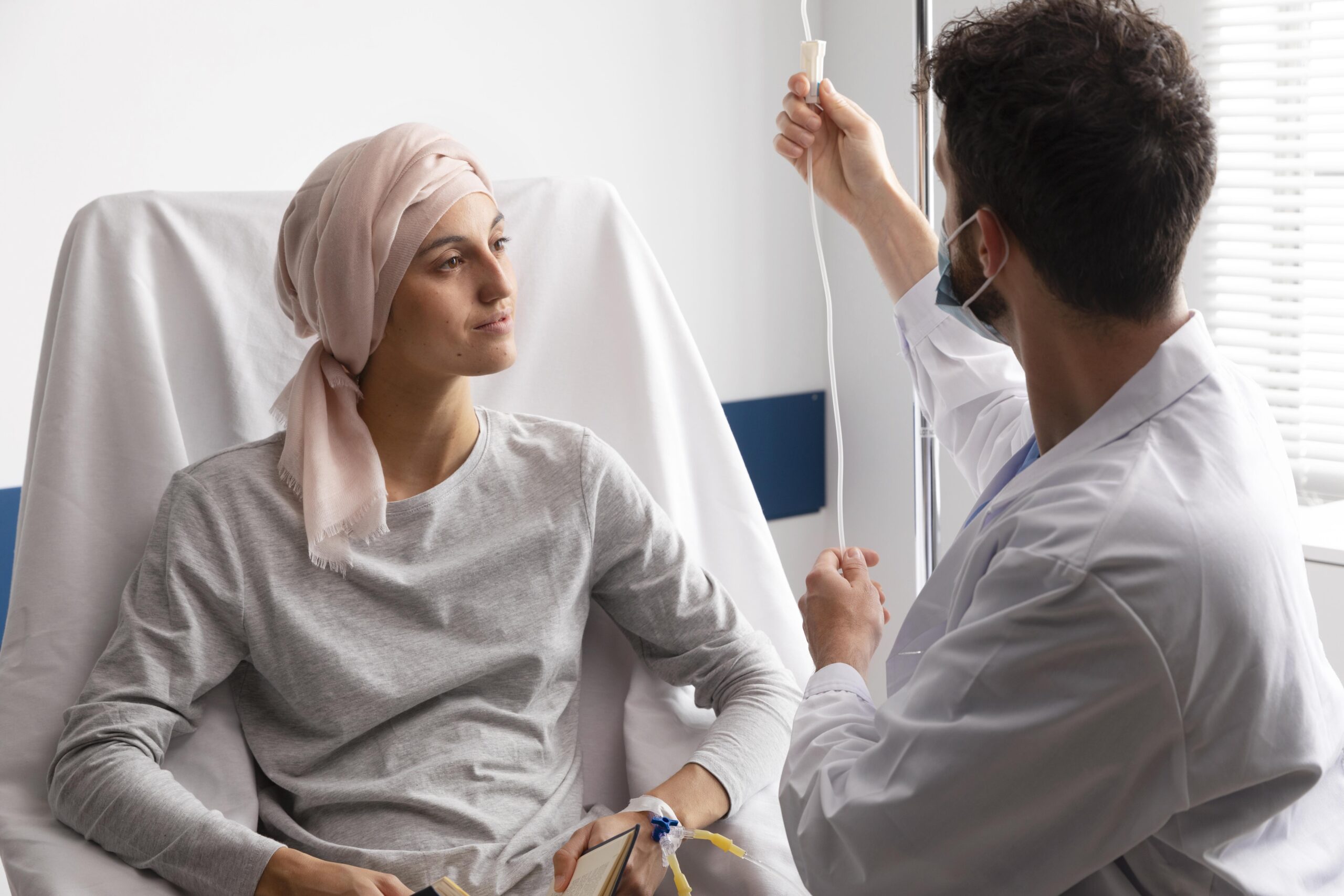Colon Cancer
- Home
- Colon Cancer
What is Colon Cancer?
Understanding the Colon and its Functions
Colon Cancer Statistics and Prevalence
Causes and Risk Factors
Factors Contributing to Colon Cancer Development
Colon cancer's intricate etiology involves a convergence of diverse factors. Chronic inflammation, characteristic of conditions like inflammatory bowel disease, acts as a precursor. Dietary habits play a pivotal role, with diets low in fiber and high in red meat linked to heightened risk. Sedentary lifestyles compound vulnerability. Additionally, obesity, tobacco usage, and excessive alcohol consumption contribute significantly. Lifestyle adjustments encompassing healthier dietary choices, increased physical activity, and tobacco and alcohol moderation can attenuate these risks. The complex interplay of these elements underscores the necessity of proactive measures in averting the development of colon cancer.
Known Risk Factors and Preventive Measures
Colon cancer susceptibility is underlined by certain discernible risk factors. Advancing age, especially after the age of 50, emphasizes the importance of consistent screenings. A familial history, particularly involving first-degree relatives affected by the disease, amplifies risk. Embracing a lifestyle enriched with dietary fiber, regular exercise, and limited processed meat consumption yields protective effects. Thorough screening methodologies, such as colonoscopies or stool tests, enable timely detection, heightening the prospects of successful intervention and treatment.
Genetic and Hereditary Considerations
Genetic influences assume a pivotal role, with inherited mutations like Lynch syndrome and familial adenomatous polyposis predisposing individuals. Genetic counseling becomes a cornerstone for those with familial connections. Screening initiation at an earlier age often becomes imperative.A nuanced comprehension of these hereditary nuances empowers individuals and families to make informed decisions about surveillance, screenings, and preemptive strategies, thereby mitigating the impact of inherent genetic susceptibilities and advancing personalized preventive approaches.
Symptoms and Early Detection

Common Symptoms of Colon Cancer

Importance of Early Detection and Screening

Diagnostic Tests: Colonoscopy, CT Scan, and Fecal Occult Blood Test
Colon Cancer Staging and Prognosis
Stages of Colon Cancer and their Implications
Grading and Determining Tumor Aggressiveness
Prognostic Factors and Survival Rates
Colon Cancer Treatment Options
Surgery: Colectomy, Colostomy, and Lymph Node Dissection
Chemotherapy: Adjuvant and Neoadjuvant
Radiation Therapy for Rectal Cancer
Targeted Therapy and Immunotherapy in Colon Cancer
Choosing the Right Colon Cancer Care

Importance of a Specialized and Compassionate Care Team

Factors to Consider When Selecting Treatment Facilities

Second Opinions and Treatment Decision Making
Frequently Asked Questions
Book An Appointement
Contact Us
Let's Get In Touch
Dr. Mohit Agarwal
34, AA-299, Shaheed Udham Singh Marg, AA Block, Poorbi Shalimar Bag, Shalimar Bagh, New Delhi, Delhi, 110088
Call Us Today
Clinic Number : 097178 88797
Working Hours
- Mon To Sat : 09:00 AM to 5:00 PM
- Sunday : Closed
